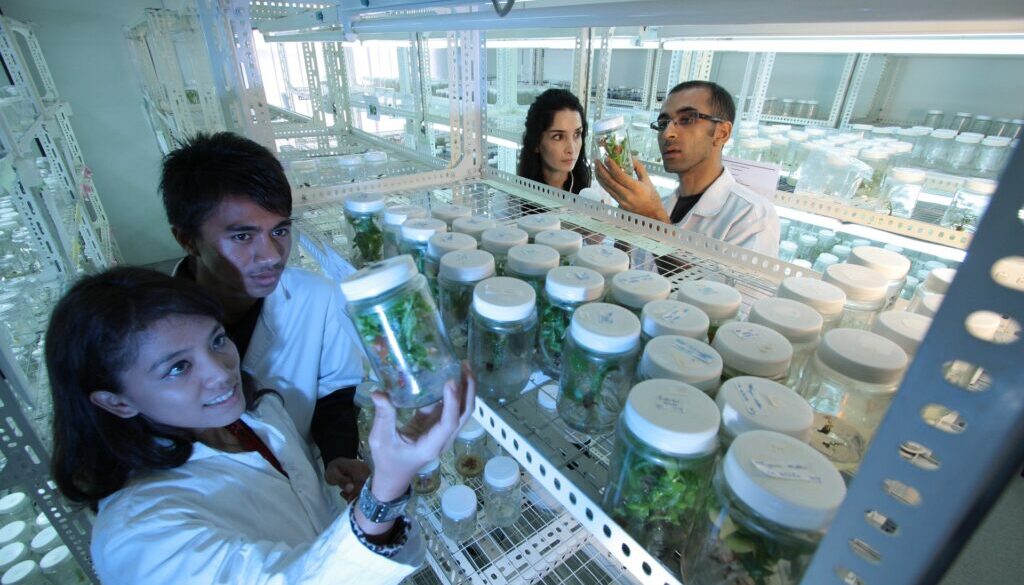Manufacturing clusters in Costa Rica must be inclusive for the nation to prosper
Table of Contents
Contact the Central American Group to make your manufacturing investment in Costa Rica’s Green Park Free Zone.
There are significant opportunities for the country if foreign investors and domestic companies join forces to form more mature manufacturing clusters in Costa Rica.
Costa Rica is in an advantageous position in attracting foreign direct investment (FDI). This is because of the adaptability of its well-educated workforce that is accessed by firms that decide to locate in the country and because of its proximity to the United States. As a result, the United States is the most prominent investor in manufacturing clusters in Costa Rica.
The nearshoring trend favors manufacturing clusters in Costa Rica
Due to nearshoring, these advantages have strengthened after the Covid-19 crisis. This phenomenon is how transnational companies seek to locate close to consumer markets. They choose to avoid disruptions in far-flung supply chains and volatility in international transportation costs. In addition to these considerations, the coronavirus pandemic helped accelerate changes such as teleworking. Again, this trend favors countries like Costa Rica with a solid telecommunications infrastructure.
The impact of FDI on the proliferation of manufacturing clusters in Costa Rica and the promotion of national companies’ exports have benefited the nation’s economic growth. It also has advanced employment promotion and increased the workers’ wages that industry hires. However, this contribution to development has been limited by the scarce linkage of export activities, which are high and medium productivity, with local companies. Domestic firms, generally speaking, have lower productivity and technological sophistication. Dedicating resources to integrate them into manufacturing clusters in Costa Rica would equip them to supply inputs into the value chain of exporting companies.
Opportunities to expand for foreign and domestic companies alike
There are enormous opportunities for Costa Rica to enjoy if this differentiation between exporting and non-exporting companies is broken. Bridging the gap between foreign-based and domestic suppliers would create more diverse industry clusters and productive supply chains. In addition, a move in this direction would serve to promote innovation and technology transfer and foster productivity improvement.
Companies originating in foreign direct investment have helped boost economies in areas far from traditional production centers. This has given impetus to the creation of regional employment markets that make the participation of local governments essential. Despite government involvement, however, it has been demonstrated that the growth of many of the manufacturing clusters in Costa Rica is still developing.
A stand-out industry cluster in Costa Rica is the area of the biotechnology cluster. The aggrupation of companies involved in this activity has managed to consolidate an ecosystem that aligns the needs of private companies with the participation of public institutions and universities. However, these conditions have been achieved as a result of voluntary effort. Diverse companies and organizations work to carry out and coordinate strategic initiatives. However, as of today, this effort lacks independent funding to ensure its continuity over time.
A national policy must be promoted to develop robust and inclusive manufacturing clusters in Costa Rica. Each of the three principal catalysts (entrepreneurs and private sector innovators, public institutions, and academia) contributes to achieving integrated international and domestic companies’ participation in the product value chain.
The role of the private sector is concentrated on establishing strategies to promote the knowledge of export markets among the various companies involved solely in the domestic market. Thus, small national companies and enterprises could be integrated into the production processes of exporters. Eventually, the result of this could be access to world-class inputs at lower costs.
Also, the government of Costa Rica and the country’s municipalities must improve their management capacity. National and local bodies should promote public policies that are aimed at developing infrastructure and reducing red tape. In addition to this, effective plans must be structured to encourage investment in research and development. To achieve goals and objectives in this area, the educational system in Costa Rican must continually be upgraded so that its workforce remains globally competitive.
As recommended by a recent study by the Inter-American Development Bank, prepared by economist Ricardo Monge, the Ministry of Foreign Trade should establish an entity that coordinates manufacturing clusters in Costa Rica. This body would promote industry development and evaluate the impact of groups of industries on the economy. As for academia, universities, and teaching and research centers, they assume the role of training talent and promoting research and innovation in activities of interest to companies that are consolidated within the productive chains.
Government and industry should consolidate each of these efforts around a cluster development policy that promotes the creation of associations. These organizations would establish industry governance and coordinate the efforts of the three actors mentioned above. They could also be structured to provide a permanent source of the required financing to guarantee their continuity. Thus, developing mature manufacturing clusters in Costa Rica would be worthwhile. As a result, the country would improve its productivity and achieve more inclusive economic growth.
Contact Us
Please use this form to contact us and we will respond as soon as possible:





